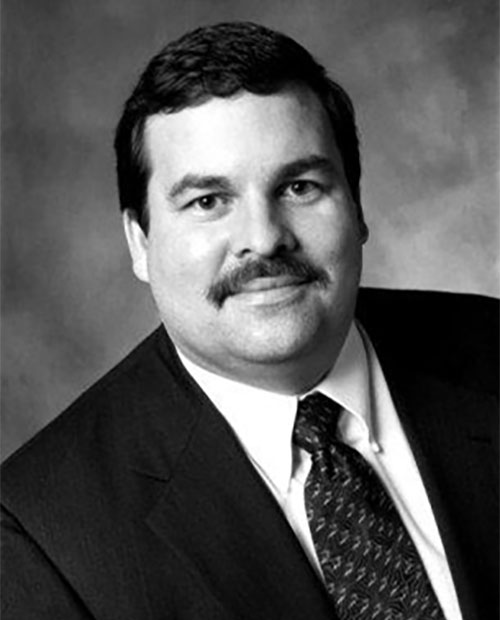Main Content

William K. Hallman, Ph.D.
Distinguished Professor
Cook Office Building, Room 202
848-932-9227
hallman@sebs.rutgers.edu
Biography
Dr. William K. Hallman is a Distinguished Professor in the Department of Human Ecology and a member of the graduate faculty of the Department of Nutritional Sciences and the Bloustein School of Planning and Public Policy at Rutgers, the State University of New Jersey. He is a 1983 graduate of Juniata College in Huntingdon, Pennsylvania, and earned his PhD. in Experimental Psychology from the University of South Carolina in 1989, joining the Rutgers faculty later that year.
His scholarship focuses on numerous issues concerning food, health, technology, and the environment. These include studies of perceptions, communications, and behavior change strategies regarding food safety, foodborne illness outbreaks, food recalls, food insecurity, food labeling and nutrition, exposure to environmental contaminants, infectious and non-infectious diseases, unexplained symptom syndromes, coastal storm warnings, and preventive health behaviors. He has also extensively studied consumer perceptions and acceptance of new food technologies, including genetic modification, gene editing, nanotechnology, animal cloning, aquaculture, and cell-based meat, poultry, and seafood.
He has published more than 250 peer-reviewed articles, book chapters, abstracts, and monographs, including contributing to Communicating Science Effectively, A Research Agenda, published by the National Academies of Science, Engineering, and Medicine (NASEM), the Handbook of the Science of Science Communication, published by Oxford University Press, the Risk Communication Applied to Food Safety Handbook, and Food Safety Aspects of Cell-based Food, both published by the Food and Agriculture Organization (FAO) and the World Health Organization (WHO) of the United Nations.
Dr. Hallman has also given over 600 presentations on risk perception and communication issues in over 35 countries. He conducts workshops worldwide, helping scientists, regulators, and policymakers to become better communicators. He has also served as an expert witness in several court cases in the US involving food and environmental contamination issues.
He has served as the Principal Investigator (PI), Co-PI, or Co-Investigator on 45 grants supporting this work and the associated colleagues, staff, graduate, and postdoctoral students. Public funding agencies have included: the Centers for Disease Control and Prevention (CDC), the Environmental Protection Agency (EPA), the Department of Health and Human Services (HHS), the Department of Homeland Security (DHS), the National Institute of Mental Health (NIMH), the National Institute for Occupational Safety & Health (NIOSH), the National Science Foundation (NSF), the National Oceanic and Atmospheric Administration (NOAA), the New Jersey Department of Health and Senior Services (NJDHSS), the US Department of Agriculture (USDA), and the US Veterans Administration (VA). Private funders have included the American Cancer Society, the Grocery Manufacturers Association, Johnson & Johnson, the John Templeton Foundation, and the Robert Wood Johnson Foundation.
Dr. Hallman was a founder of Rutgers Against Hunger (RAH) in 2008, a university-wide organization focused on relieving food insecurity on campus and across the state. In 2009, he established the New Brunswick Community Farmers Market (NBCFM) and its associated community gardens, providing hundreds of thousands of dollars’ worth of fresh, nutritious, locally grown produce to food-insecure residents of New Brunswick and surrounding communities.
He is an elected Fellow of the American Association for the Advancement of Science (AAAS), an elected Fellow of the Society for Risk Analysis, and a Distinguished Research Fellow of the Annenberg Public Policy Center of the University of Pennsylvania. He has previously served as Chair of the Department of Human Ecology, the Director of the Rutgers Food Policy Institute, Chair of the US Food and Drug Administration (FDA)’s Risk Communication Advisory Committee, and as a member of numerous National Academies of Science committees. He has also been an advisor to the Agency for Toxic Substances and Disease Registry (ATSDR) and the CDC, EPA, FDA, and the USDA. Internationally, he has also served as an advisor to the Asia-Pacific Economic Cooperation (APEC), the Food and Agriculture Organization (FAO), the World Food Programme (WFP), and the World Health Organization (WHO) of the United Nations.